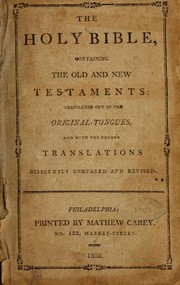📚 3 Books mentioned in "Part Four: America's First Fascist Governor | BEHIND THE BASTARDS" of Behind the Bastards

Podcast: Behind the Bastards
Episode: Part Four: America's First Fascist Governor | BEHIND THE BASTARDS
Published on October 18, 2024
Here’s a list of all the books mentioned in this episode. Click on the links to watch specific excerpts on YouTube and feel free to purchase the books if they caught your interest!
![A State-by-State History of Race and Racism in the United States [2 volumes] Cover](https://mentionedinpodcasts.com/media/books/423f755c-9fe0-0ef8-4dc4-1359f625fc4f.jpg)
A State-by-State History of Race and Racism in the United States [2 volumes]
I'm going to quote from the book Race and Racism in the United States: 'On his deathbed, he told his Baptist preacher that the black race was created inferior by God.'
The hosts quote from 'Race and Racism in the United States' to illustrate the extreme racist beliefs held by Eugene Talmadge on his deathbed, showcasing the profound impact of such ideologies both historically and in modern contexts.

Bible
It was all show, flash bulbs sparked the air, people cheered, police swarmed, and the show opened by reading excerpts from Brown America, the book written by Rosenwald.
At a public hearing, excerpts from the book 'Brown America' by Julius Rosenwald were read aloud as evidence. The book was being used to suggest guilt by association for educators accused of promoting communist and racial equality ideals, reflecting the author's known philanthropic activities.

The Call of the Wild
Buy The Call of the Wild by Jack London on Amazon
They read from another book on race titled Calling America and a disgruntled professor testified that five black men from the Tuskegee Institute toured Statesboro College and ate in the cafeteria while no white people were on campus.
The podcast hosts discuss an incident involving the book 'Calling America' during a hearing. It was used to accuse an educator of allowing black men on a college campus without white witnesses, reflecting the racial tensions and political attacks Dr. Pitman faced for his perceived support of racial integration.
